Blog
AUSTRAC’s ML/TF Risk Assessment 2021 – Other Domestic Banks Report [Part 2]
Australia is an important member of the Financial Action Task Force and plays a substantial role ...
![AUSTRAC’s ML/TF Risk Assessment 2021 – Other Domestic Banks Report [Part 2] AUSTRAC’s ML/TF Risk Assessment 2021 – Other Domestic Banks Report [Part 2]](https://shuftipro.com/wp-content/uploads/2021-09-08-blog.jpeg) Explore More
Explore More
Blog
KYC Regulations Across the Globe | An Updated Guide 2023
The global financial industry finds it hard to meet compliance and secure sensitive cus...
 Explore More
Explore More
Blog
5 Key Market Trends in Identity Verification
The year 2020 has caused a dramatic shift in the business industry and our way of living. The si...
 Explore More
Explore More
Blog
KYC ID Verification – A Critical Component for Securing Online Dating Activities
Social manipulation in online dating platforms targets numerous users and their personal informat...
 Explore More
Explore More
Blog, Identity & KYC, Online Marketplace
Utilising Digital Identity Verification for Imparting Better Healthcare
The importance of patient identification and verification is crucial in the healthcare sector. Ac...
 Explore More
Explore More
Blog
The Latest KYC Regulation Bill for Bitcoin ATMs and DeFi Platforms
As the digital revolution takes hold worldwide, there has been an unparalleled surge in the adopt...
 Explore More
Explore More
Blog
CBN Regulatory Regime – New KYC/AML Requirements Payment Services Banks
With the increased risk of financial crime, banks and other financial institutions within a state...
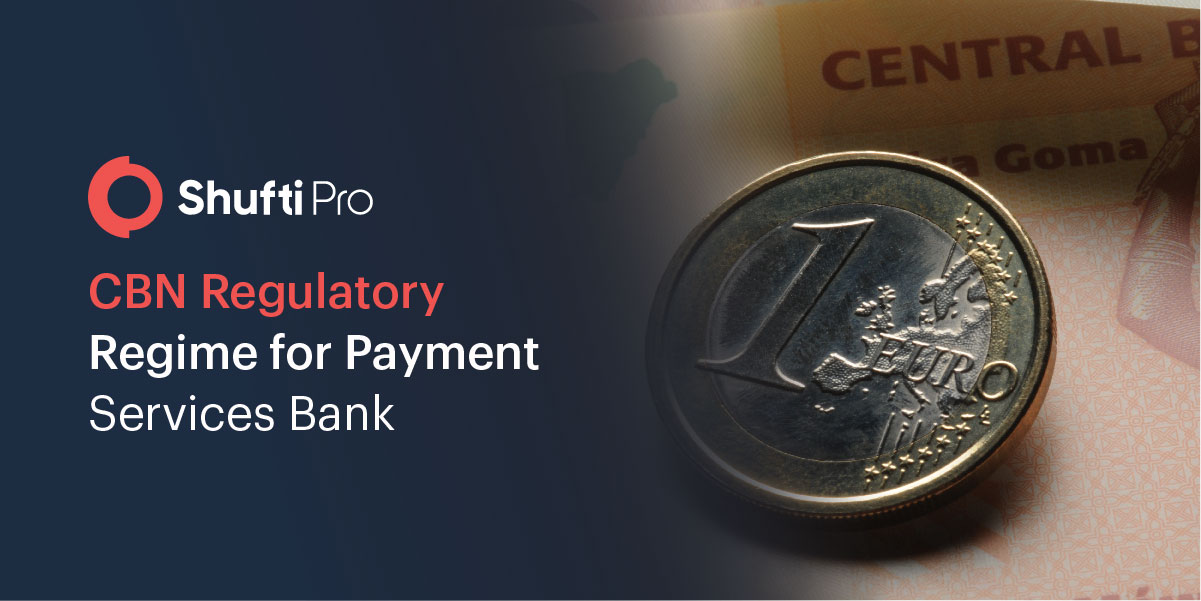 Explore More
Explore More
Blog, Financial Crime / AML, Online Marketplace
Smaller Banks are in dire need of AML Compliance to avoid fines
Smaller banks are being considered an easy target for money laundering activities because of thei...
 Explore More
Explore More
Blog
Ensuring KYC/AML Compliance In Cryptocurrency Firms – The Role of Shufti
With emerging technologies in the financial industry, cryptocurrency is picking up the pace, and ...
 Explore More
Explore More
Blog
Elevating Document Verification with OCR in 2024 | Data Extraction in Real-Time
The Optical Character Recognition (OCR) market was valued at US$15 billion in 2019 and is expecte...
 Explore More
Explore More
Blog
AML Solutions: Eliminating the Risks of Money Laundering
Money laundering is a serious crime that can have serious and long-term consequences for your bus...
 Explore More
Explore More
Blog
The ‘What’ and ‘How’ of Address Verification Service
The rising number of chargebacks and other fraudulent activities has led organisations to develop...
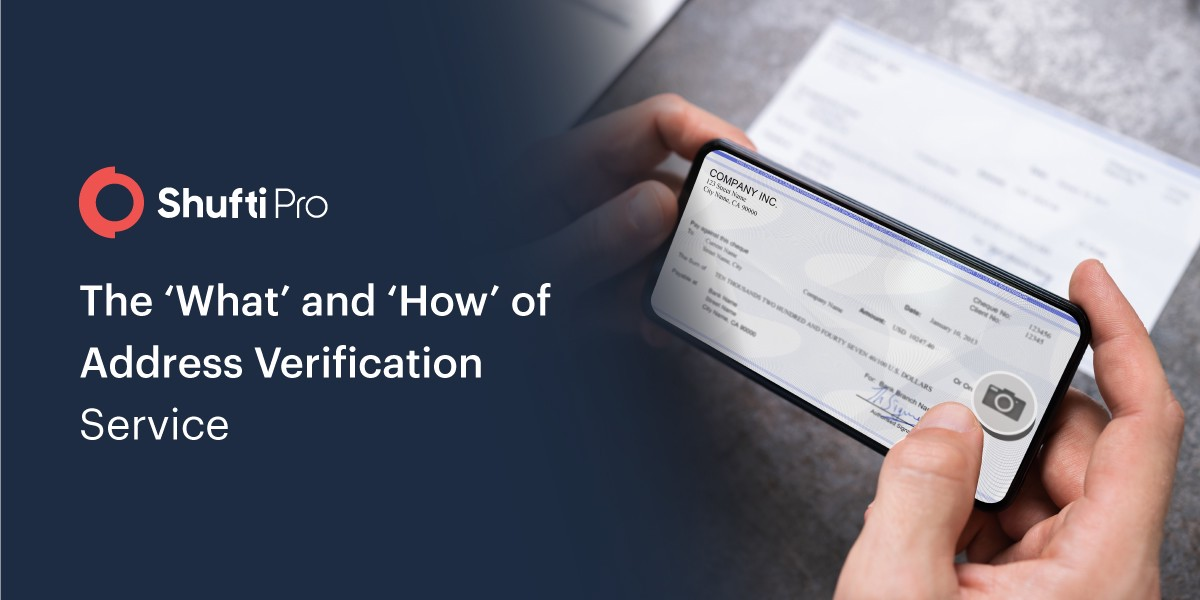 Explore More
Explore More
Blog
KYC and AML Compliance – Addressing the Challenge of Money Laundering in Online Trading Platforms
An online trading platform is a program where shareholders and traders deal through financial int...
 Explore More
Explore More
Blog
KYC and AML For Fintech | A Comprehensive Guide to Fraud Prevention
Since governments worldwide are increasing the pressure to regulate, compliance has become a key ...
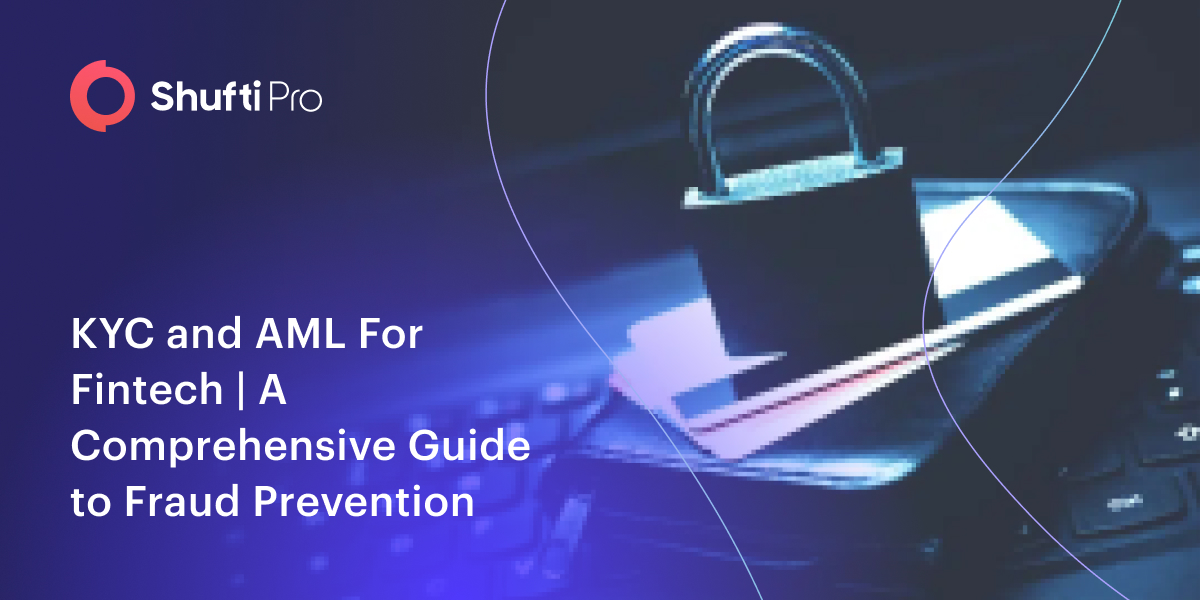 Explore More
Explore More
Blog
Modern Financial Management: The Role of KYI in Safeguarding Businesses
With our digital ecosystem being full of threats, there is a significant possibility that the qua...
 Explore More
Explore More
Blog
6 Industry Experts Share Their Thoughts on NFC ID Verification
Thanks to the growth of contactless transaction systems like Apple Pay, NFC is now a mainstream t...
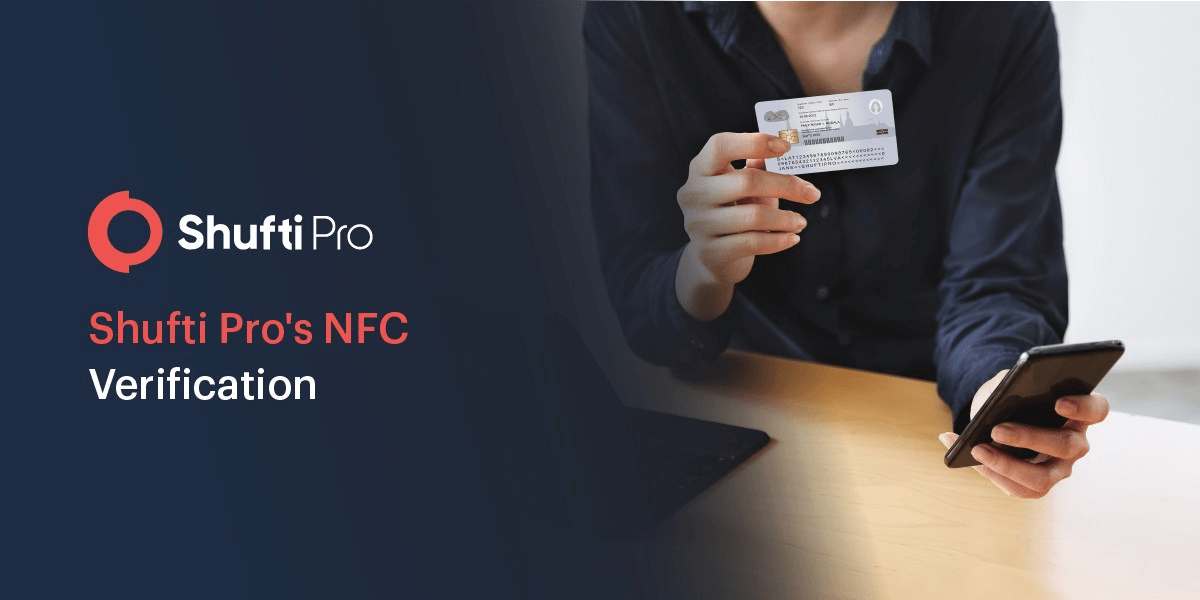 Explore More
Explore More
Blog
e-IDV | Combatting Fraud in a Remote World
Know Your Customer (KYC) is a method to identify and verify clients’ true identities and re...
 Explore More
Explore More
Blog
Identification, Verification and Authentication – Cut from the same cloth
The modern era of technology has brought so many frauds to light. The digitized world has urged b...
 Explore More
Explore More
Blog
Prevalent Crimes in Forex Industry – How Shufti Can Help in Mitigating Financial Crimes
Emerging technologies and digitization are transforming the investment sector, creating opportuni...
 Explore More
Explore More
Blog
How E-KYC is Overcoming the Hurdles of Financial Inclusion
The challenges associated with the global pandemic have risen at a bewildering speed and yet ther...
 Explore More
Explore More
Anti Money Laundering, Blog, Business Technology, Identity & KYC
Customer Due Diligence: From KYC to KYB
Why CDD is significant for both Know Your Customer and Know your Business verification?
Banking i...
 Explore More
Explore More
Blog
Leveling Up Identity Verification To Meet This Moment
Companies around the world contend with two digital identity challenges that seem mutually exclus...
 Explore More
Explore More
Blog
5 Technology Trends To Disrupt Banking in 2020
Living in the digital era, technology is driving major changes in almost every industry. Whether ...
 Explore More
Explore More
Blog
The Case Against Cryptocurrencies: Where is it Banned & What’s Causing the Crackdown?
Cryptocurrencies have long been viewed as the core of illicit activities by numerous governments ...
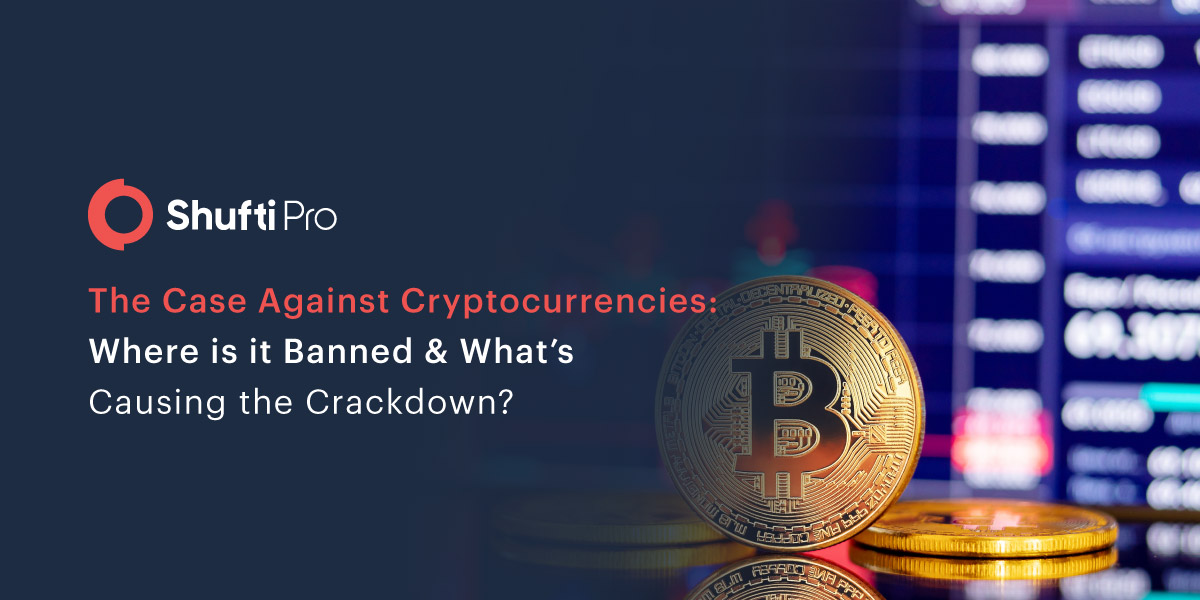 Explore More
Explore More
Blog
A Comprehensive Guide to Understanding Ultimate Beneficial Owners (UBOs)
Identifying UBOs and their control over a business is crucial for financial firms to meet regulat...
 Explore More
Explore More
Blog
Transaction Screening Vs Transaction Monitoring | What’s the Difference?
Transaction screening and transaction monitoring are critical in money laundering, counter-terror...
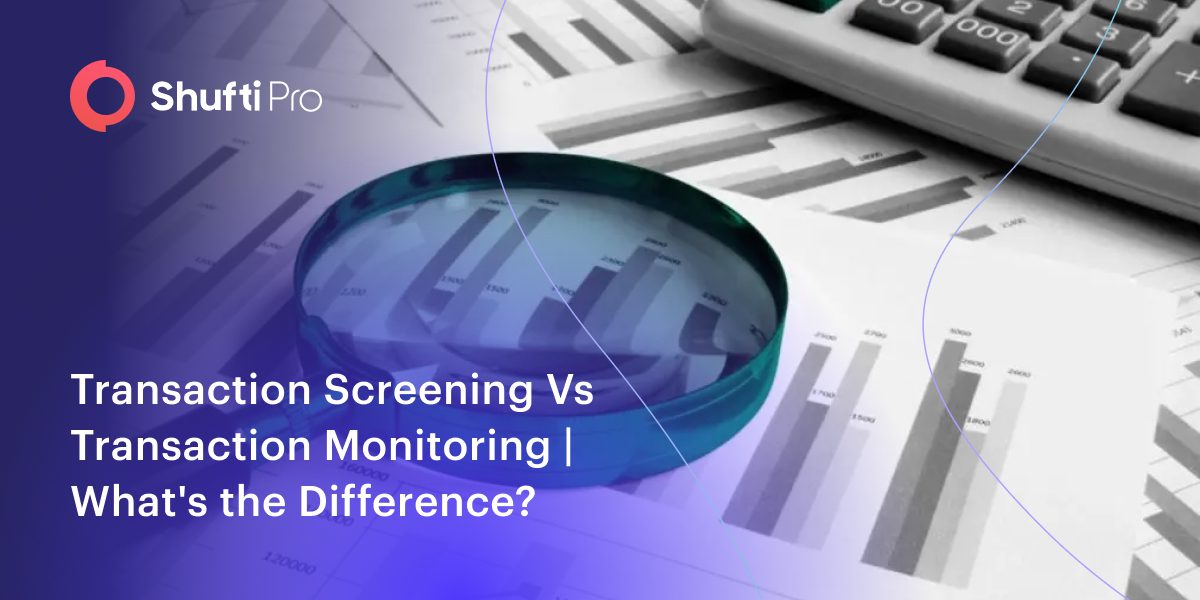 Explore More
Explore More
Blog
7 Fascinating Facts about Face Verification Technology
Technology is a fundamental part of our day-to-day lives, from checking the weather and connectin...
 Explore More
Explore More
Blog, Identity & KYC
4 Know Your Customer (KYC) Strategies to adopt in 2019
Digital fraud haunted the cyberspace in 2018 with the majority of online frauds originating from ...
 Explore More
Explore More
Blog
What is an OCR Screening and How Does it Work?
In our digital environment, where automated technology has already taken over corporate processes...
 Explore More
Explore More
Blog
Instant Client Onboarding with E-KYC Screening
Technological Advancement and its Influence
The world needs to constantly evolve in order to surv...
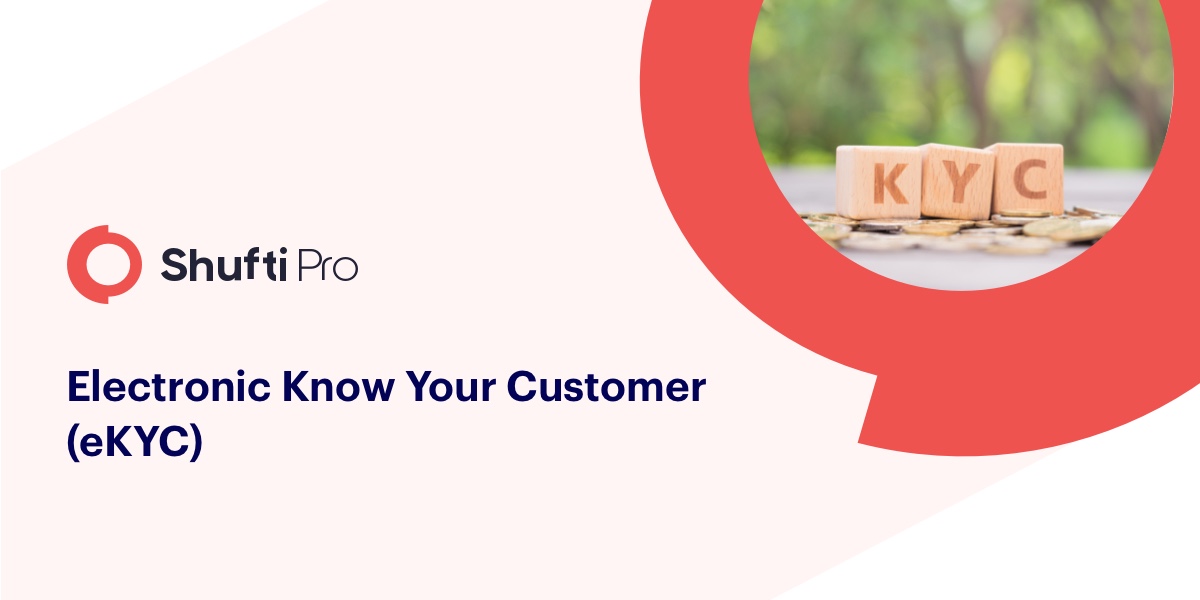 Explore More
Explore More
Blog
5 Ways Banks Can Minimize Risks In Light of KYC/AML
If you’re dealing with customers across borders, how can you safeguard your bank by ensuring that...
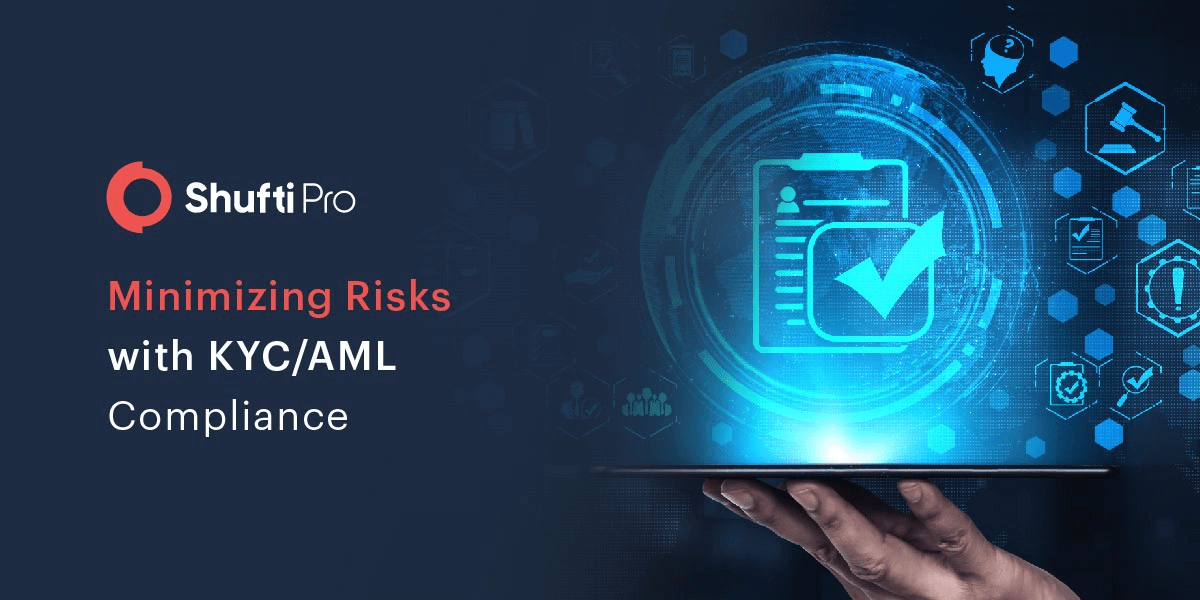 Explore More
Explore More
Blog, Identity & KYC
Employees’ Digital Identity Verification for Remote Hiring
With the age of technological advancement, the world is becoming a heavily connected global villa...
 Explore More
Explore More
Blog, Identity & KYC
Merchant Identity Proofing: Building Strong B2B Relations
Identity Proofing: The success of e-commerce has been very remarkable. It is expected that global...
 Explore More
Explore More
Blog
5 Types of ID Fraud Skyrocketed in the First Half of 2021 – Shufti
Last year, Shufti’s AI-powered identity verification system captured a 3.36% increase in iden...
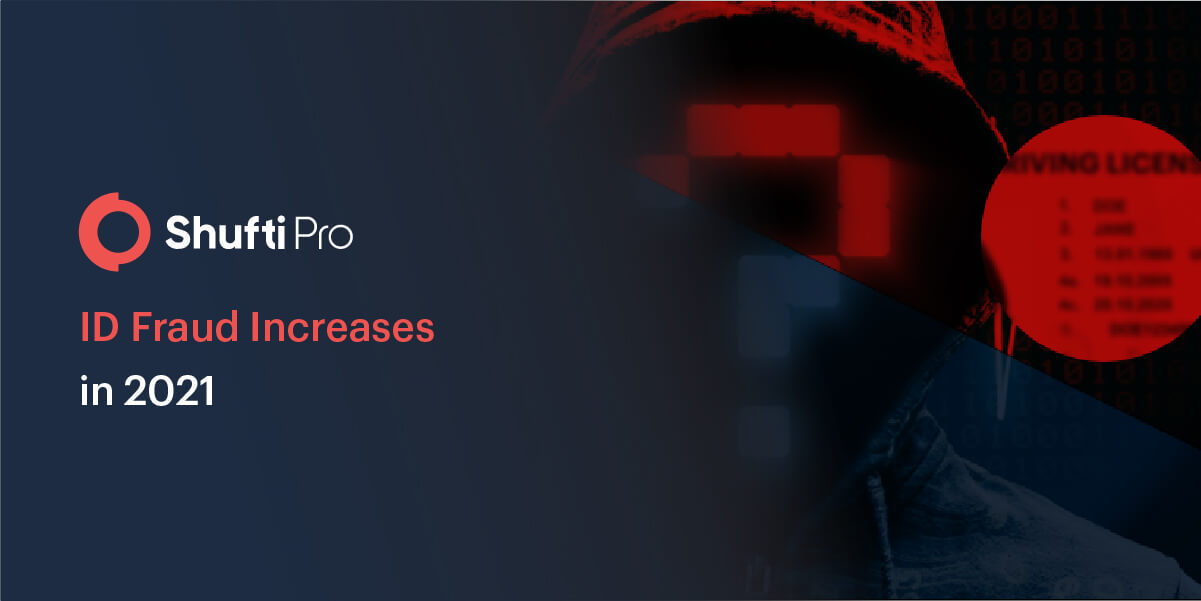 Explore More
Explore More
Blog
Identity Verification vs Authentication: The Key Differences
Organisations today face significant concerns regarding data breaches and identity theft. Nearly ...
 Explore More
Explore More
Blog, Identity & KYC
Enhanced Due Diligence: Ensuring KYC and Regulatory Scrutiny
Enhanced Due Diligence: The adoption of innovative solutions in businesses today, should not have...
 Explore More
Explore More
Blog
Identity Fraud and Risk Assessment: An Ultimate Guide for 2023
Customer onboarding and business relationships always come with associated risks that must be han...
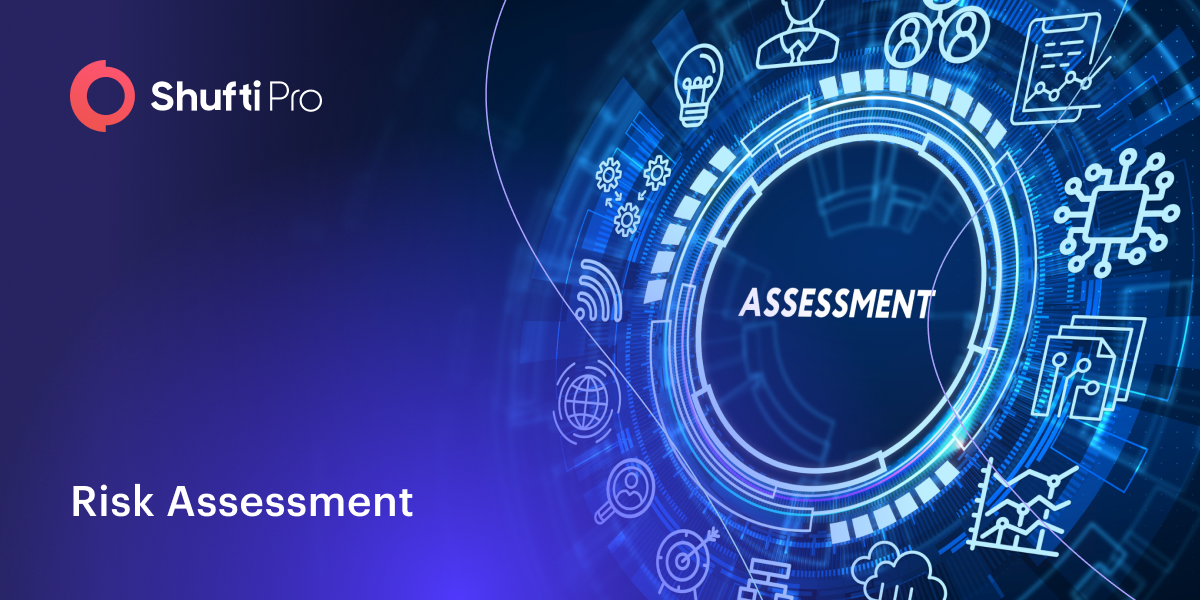 Explore More
Explore More
Blog
7 Fascinating Facts about Face Verification Technology
Technology is a fundamental part of our day-to-day lives, from checking the weather and connectin...
 Explore More
Explore More
Artificial Intelligence, Blog
Knowledge Based Authentication a Thing of Past
If you are wondering what is knowledge-based authentication or KBA, let me ask you a question, ‘w...
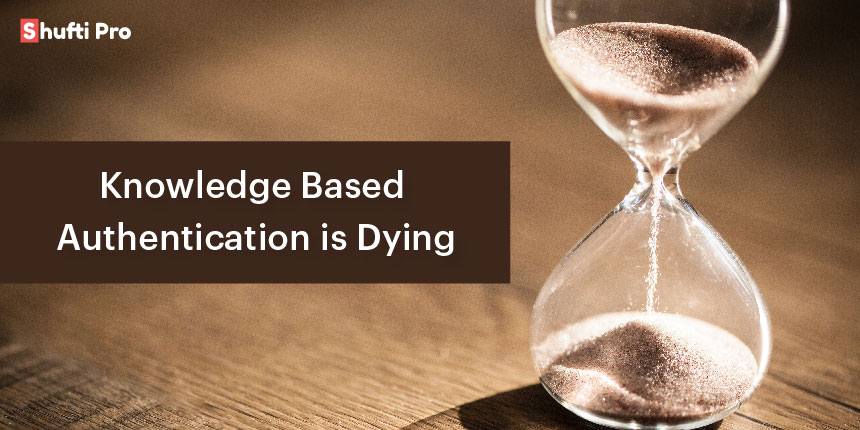 Explore More
Explore More
Blog
Cybersecurity vs User Experience – Knowing the Art of Balancing
Several years of debate between cybersecurity and customer experience has driven most people craz...
 Explore More
Explore More
Blog
Know Your Donor (KYD) – Eradicating Financial Crimes in NPOs and Charity Organizations
In 2020, US citizens alone donated more than $471 billion to charities. This generosity ultimatel...
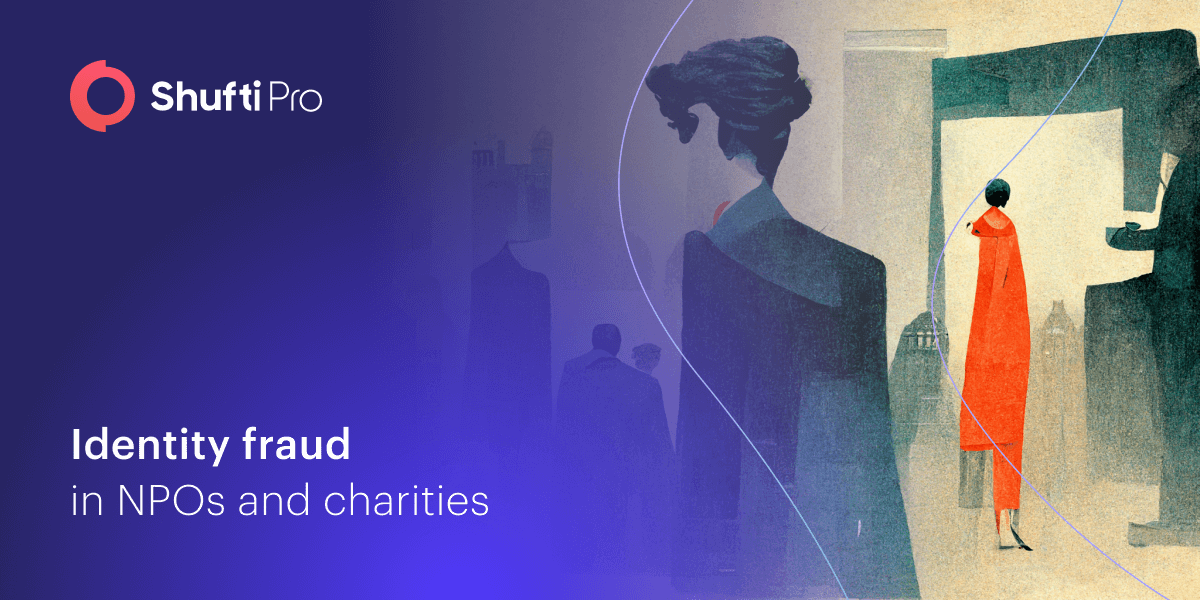 Explore More
Explore More
Blog
4 Tips to avoid digital payment frauds
Due to the contingency caused by the rapid expansion of the Covid-19, online transactions have in...
 Explore More
Explore More
Blog
Intelligent Security Systems & Digital ID Verification
Most technology solutions present a compromise between convenience and security to their users. I...
 Explore More
Explore More
Blog
KYC Verification – The Significance of Identity Verification in the Telecom Industry
Increasing smartphone usage throughout the world has accounted for large amounts of data being sh...
 Explore More
Explore More
Blog, Business Technology, Online Marketplace
Asian Banks push for greater Fintech to cut down AML Compliance cost
Asian Banks are now asking their regional and national regulators to allow more fintech in order ...
 Explore More
Explore More
Blog
China’s New Data Security and Personal Information Protection Laws [2022 Update]
For the purpose of identification, interdiction, and prevention, many governments, regulators, an...
![China’s New Data Security and Personal Information Protection Laws [2022 Update] China’s New Data Security and Personal Information Protection Laws [2022 Update]](https://shuftipro.com/wp-content/uploads/b-img-china-1.jpeg) Explore More
Explore More
Blog
KYC Compliance Will Become Your Competitive Edge
Businesses, particularly the financial services sector, have been observing Know Your Customer KY...
 Explore More
Explore More
Blog
Prevailing Crimes in Identity Verification – How Shufti’s Forensic Document Verification Can Help
Identity fraud has become quite prevalent in digital businesses which is not only affecting opera...
 Explore More
Explore More
Blog
Identity verification in freelancing- no more smoke and mirrors
Freelancing platforms are rapidly growing. In 2017, around 57 million Americans were freelancing ...
 Explore More
Explore More
Blog
UK’s FIU Issues New Guidelines for Suspicious Activity Reporting
The UK’s Financial Intelligence Unit (UKFIU) has issued new guidance in August 2021. The latest i...
 Explore More
Explore More
Blog
Securing Investment Industry with Shufti’s Investor Verification Solution
In this tech-driven world, perpetrators and organized crime groups are adopting sophisticated met...
 Explore More
Explore More
Blog
Shufti Beyond Borders – Customer Experience That Drives Results
About Stanton Brooks
Stanton Brooks is a global customer experience (CX) leader specializing in d...
 Explore More
Explore More
Blog
GDPR Checklist – Practices to adopt as Business Norms
It’s been a little over eight months since the GDPR came into effect on 25 May 2018. From that po...
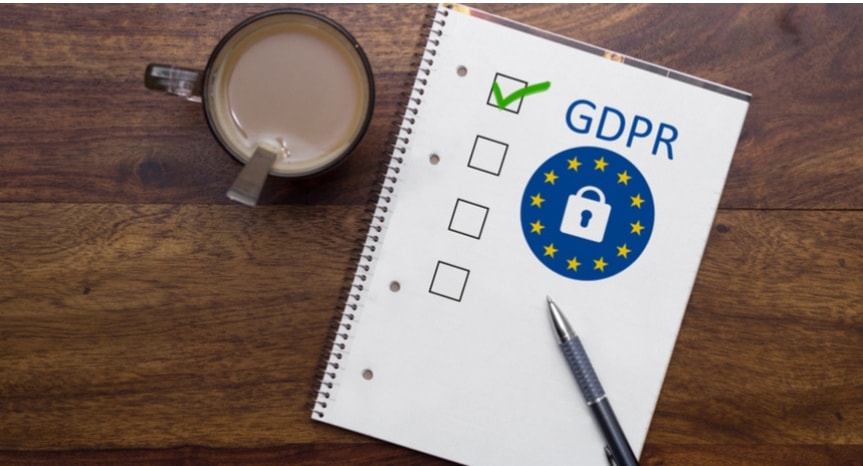 Explore More
Explore More
Blog
The Growing Risk of Wash Trading and Money Laundering – How Shufti Can Help
The Non-Fungible Token (NFTs) market exploded last year and became one of the most popular buzzwo...
 Explore More
Explore More
Blog
Perpetual KYC – Securing Businesses through Continuous Identity Verification
With regulatory scrutiny increasing globally, failures or loopholes in security systems pose a si...
 Explore More
Explore More
Blog
From Abandoned Carts to Loyal Customers: Rethinking the Onboarding Experience
Website abandonment is a silent revenue killer for online businesses. Whether it’s an unfin...
 Explore More
Explore More
Blog
Strong Customer Authentication (SCA) – Factors, Methods, and Benefits
In Europe, new customer authentication requirements for online payments were introduced on Septem...
 Explore More
Explore More
Blog
Shufti’s Insights on Enhancing Customer Onboarding Experience
The digital world nowadays requires a lot of effort from businesses to ensure customer satisfacti...
 Explore More
Explore More
Blog
e-IDV: The Key to Fraud Prevention in FinTech
After years of enormous growth, investment in the fintech market declined in 2022. Susceptibility...
 Explore More
Explore More
Blog
CCPA Compliance Checklist – Is your business ready?
With the world moving towards digitization, organizations have a customer base from all around th...
 Explore More
Explore More
Blog, Financial Crime / AML
Global AML Regimes – Tightening Reins on Money Launderers
Money laundering is a global menace. Money laundering and terrorist financing are the major targe...
 Explore More
Explore More
Blog
The Complete Guide | Transaction Monitoring for Financial Institutions
With technological advancement, financial criminals have also been given a wider range of tools a...
 Explore More
Explore More
Blog
How Does Digital Identity Verification Work For Income Verification
With the help of income verification documents, organisations can restrict the onboarding of high...
 Explore More
Explore More
Blog
Digital Passports Driving the need for Biometric Verification at Airports
Digital or chipped biometric passports have automated the verification process at airports. The e...
 Explore More
Explore More
Blog
Regulatory Compliance | The Importance of Age Verification on Betting Sites
Online betting sites and gambling platforms frequently face significant challenges in adhering to...
 Explore More
Explore More
Blog
An Insight into AML Compliance in the Financial Sector [2022 Update]
The increasing global attention towards anti-money laundering (AML) and countering the financing ...
![An Insight into AML Compliance in the Financial Sector [2022 Update] An Insight into AML Compliance in the Financial Sector [2022 Update]](https://shuftipro.com/wp-content/uploads/b-img-aml-comp.png) Explore More
Explore More
Blog
Here’s to 2021 – NFTs Conquering the Crypto Market
From DeFi’s in 2020 to NFTs in 2021, a lot has changed in the crypto market. Since the beginning ...
 Explore More
Explore More
Blog
6AMLD of EU – A detailed insight
European union’s another anti-money laundering directive is in the pipeline. And this time the un...
 Explore More
Explore More
Blog
Perpetual KYC: The Future of Due Diligence in the Financial Industry
Digital transformation is paving the way for quick growth in the compliance sphere. However, regu...
 Explore More
Explore More
Blog
DSAR Under GDPR and CCPA – Understanding the Key Differences
Data protection is one of the key concerns of organisations these days. For the same reason, data...
 Explore More
Explore More
Blog, Fraud Prevention
4 Fraud Prevention Tips For Your E-commerce Business this Holiday Season
With the holiday shopping season in full swing, e-commerce fraud risk is a glaring reality that n...
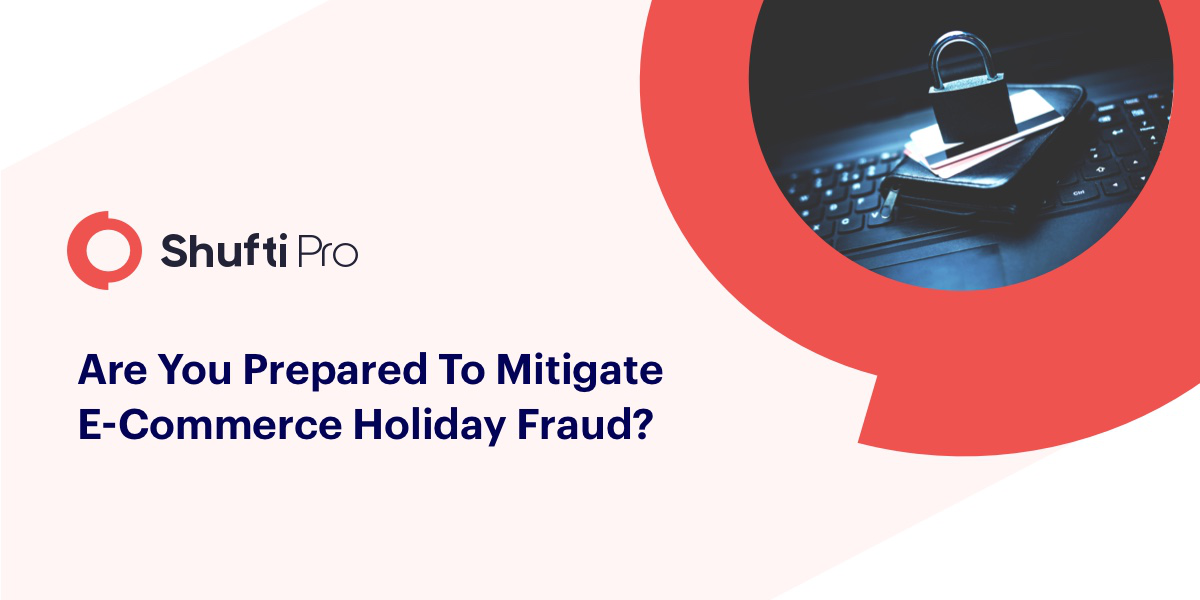 Explore More
Explore More
Blog
5 Key Questions about Facial Recognition Answered by Experts
Technology has definitely made life convenient but comes with a gazillion concerns from anyone wh...
 Explore More
Explore More

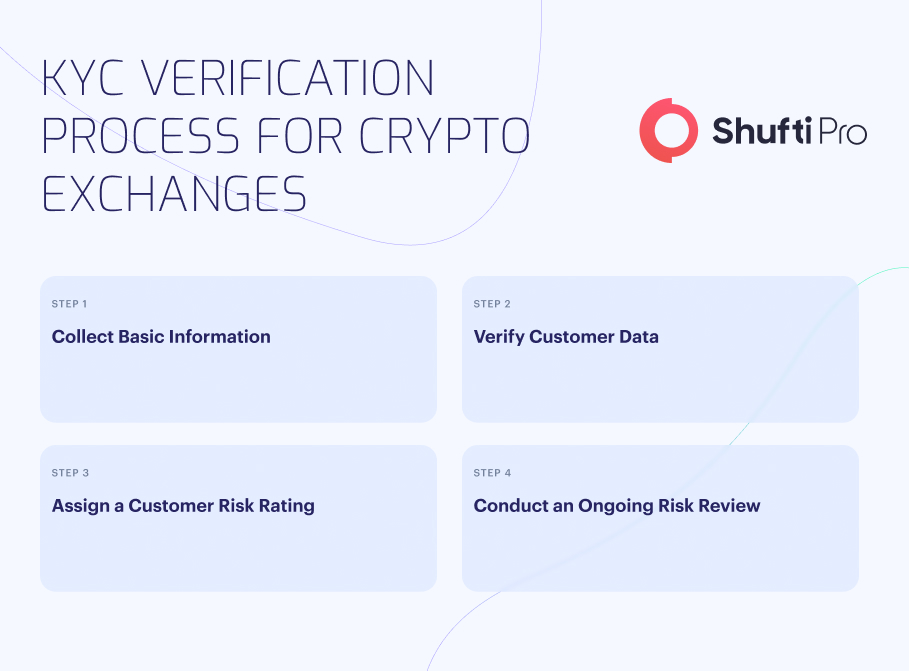




![AUSTRAC’s ML/TF Risk Assessment 2021 – Other Domestic Banks Report [Part 2] AUSTRAC’s ML/TF Risk Assessment 2021 – Other Domestic Banks Report [Part 2]](https://shuftipro.com/wp-content/uploads/2021-09-08-blog.jpeg)











































![China’s New Data Security and Personal Information Protection Laws [2022 Update] China’s New Data Security and Personal Information Protection Laws [2022 Update]](https://shuftipro.com/wp-content/uploads/b-img-china-1.jpeg)



















![An Insight into AML Compliance in the Financial Sector [2022 Update] An Insight into AML Compliance in the Financial Sector [2022 Update]](https://shuftipro.com/wp-content/uploads/b-img-aml-comp.png)





